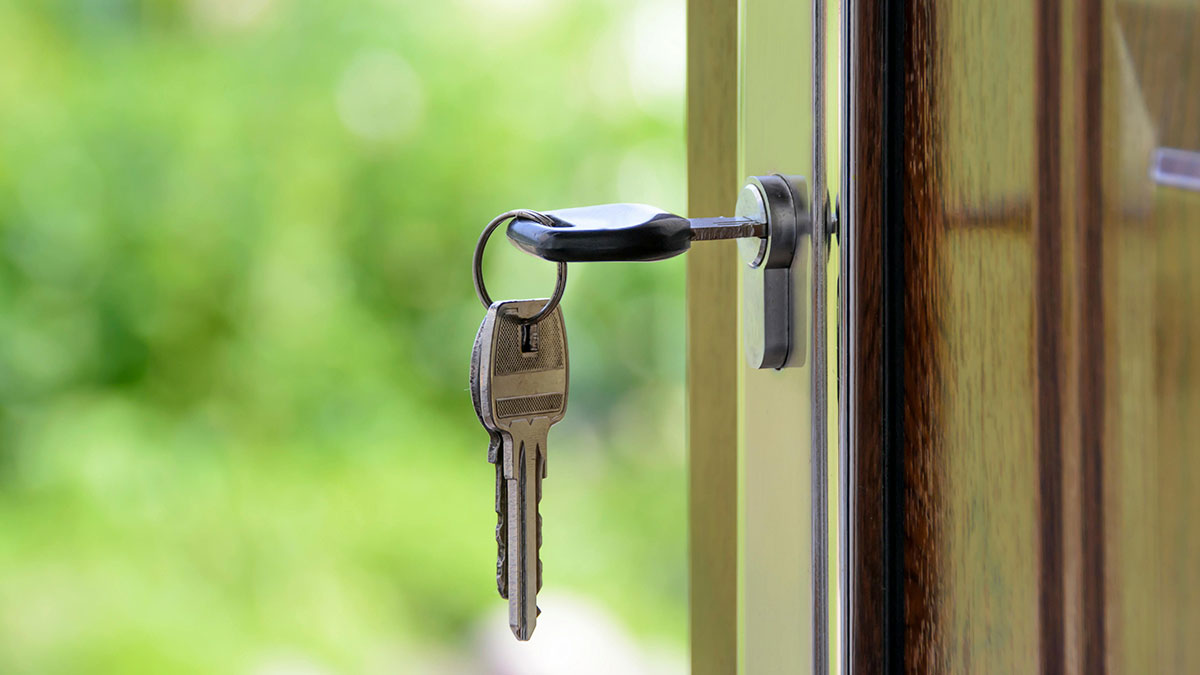
A New Scam Is In Town, Title Fraud, And Real Estate Pros Advise How To Keep Your Home Title Safe
With the digital revolution, our world is evolving at quite an alarming pace, and as a person whose spirit animal is a sloth, it’s too much to handle. However, guess what else is evolving? The scamming business, of course! Criminals are getting more creative by the day and disrupting the lives of law-abiding citizens.
Thanks to title pirates, title fraud is in the spotlight, which is where scammers basically forge documents to steal someone else’s home. However, real estate experts have revealed that by setting alerts, getting title insurance, and protecting your info, you can actually stop these fraudsters from being successful!
More info: Yahoo Finance
While the world is evolving, crime is also on the rise as criminals get more creative each day
Image credits: AS Photography / Pexels (not the actual photo)
Recently, title fraud has come into the limelight as scammers are forging documents that can rob you of the title to your home without you realizing
Image credits: Pixabay / Pexels (not the actual photo)
Picture this: you have always dreamed about buying a type of house that you like, and you finally buy it. Your name is on the deed, and you are worry-free and living normally until you get a shocking call and realize that it’s no longer yours—someone else’s name is on the deed now!
To put it simply, title fraud is when scammers, or “title pirates,” forge documents so they can transfer the title of a home from a real owner to their own name. Although this type of fraud first emerged in 2008, it has become infamous quite recently.
FBI’s 2023 Internet Crime Complaint Center (IC3) report revealed there were 9,521 real estate-based fraud complaints in 2023, which resulted in over $145 million in losses. Well, title fraud is one crime that is widely spreading without people even realizing it.
Image credits: RDNE Stock project / Pexels (not the actual photo)
The fraudsters wisely choose their victims, including vulnerable homeowners, such as seniors, those who own vacation homes or rentals, and victims of identity theft. In fact, most of these properties are vacant and are not the main residences of their owners.
If you are wondering how these scams work, then let us tell you that title fraud typically involves a multi-step process. First, fraudsters gather information about a target property, often from publicly available sources.
Then, they forge documents related to the property, such as deeds or mortgages, sometimes by impersonating the owner or using stolen identity information. These fake documents are then submitted to the relevant government authority, so the property’s title is transferred to the fraudster.
With the title in their possession, these extra-smart fraudsters can exploit the property in various creative ways. They may sell the property to potential buyers, obtain mortgages or loans against it, or even lease it out to collect rent.
Image credits: David McBee / Pexels (not the actual photo)
However, real estate experts say that you can prevent this from happening by setting up alerts, getting title insurance, and protecting your information at all costs
Often, the real owner doesn’t even know that their property has been stolen until they get kicked out or find out someone else is trying to borrow money using their property. Sadly, they have to fight a long and difficult legal battle to get their property back.
As scary as the whole scenario sounds, let us assure you that there are a few precautions that you can put into action to stop scammers from taking over the title to your house. Real estate experts have specified these 3 actions that you can take:
- Register for property alert services: When you sign up for this, you’ll instantly be notified by email when a deed or lien is recorded in connection to your property. You can check out how this works by going to the FL Clerk’s page or the LA County Assessor’s page.
- Buy a title insurance policy: Title insurance protects you if the person you’re buying from isn’t the real owner. Before you buy, the insurance company checks the property’s history to make sure everything is in order. If they miss something and you lose money because of it, the insurance company will assist you with legal fees and help you avoid financial losses.
- Never share your information with unknown sources: Be very skeptical about whom you share your information with. Random calls claiming to be “the government” are often scammers trying to deduce your personal information, so be wary of them.
Image credits: Kindel Media / Pexels (not the actual photo)
Folks online expressed a lot of anger over the whole scenario—after all, people work hard to buy their dream home, and if just buying a house can result in you ending up in court, of course, it’s gonna frustrate residents. Well, all we can do is take into consideration the precautions noted by experts and try our best to fight it, right? What are your opinions on the matter? Let us know in the comments!
While netizens were alarmed by the issue, they also expressed their anger at how thievery is on the rise in the country
Poll Question
Thanks! Check out the results:
If the scammers can go in and change the name on a property deed, what's stopping the actual property owners from going in and doing the same thing?
In my country we've had this for decades, so now we something like Property Alerts, this means if there's a changue in your property papers, any change, an alert comes to your mail so you are aware. Sadly not many people apply to it (it's free, you just have to go to Public Registries and show your titles, etc, and give a mail)
In the UK, if you own a property outright, the original documents are kept by the Land registry. You can ask them to alert you any time someone searches your title, or tries to make changes. The service is free and they give you a status update every 6 months. You can also register properties belonging to elderly relatives.
Maybe in England, but in Scotland you get the deed/title as the owner. The land registry is just a database, they don't hold original documents, just digital records (or paper records waiting to be digitised, but most have). I have both had a deed to a flat after paying off the mortgage and I work with Registara of Scotland frequently as part of my job. If a deed/title is lost, RoS can generate a copy, but it's from a digital copy, not the original.
Load More Replies...If the scammers can go in and change the name on a property deed, what's stopping the actual property owners from going in and doing the same thing?
In my country we've had this for decades, so now we something like Property Alerts, this means if there's a changue in your property papers, any change, an alert comes to your mail so you are aware. Sadly not many people apply to it (it's free, you just have to go to Public Registries and show your titles, etc, and give a mail)
In the UK, if you own a property outright, the original documents are kept by the Land registry. You can ask them to alert you any time someone searches your title, or tries to make changes. The service is free and they give you a status update every 6 months. You can also register properties belonging to elderly relatives.
Maybe in England, but in Scotland you get the deed/title as the owner. The land registry is just a database, they don't hold original documents, just digital records (or paper records waiting to be digitised, but most have). I have both had a deed to a flat after paying off the mortgage and I work with Registara of Scotland frequently as part of my job. If a deed/title is lost, RoS can generate a copy, but it's from a digital copy, not the original.
Load More Replies...
 Dark Mode
Dark Mode 

 No fees, cancel anytime
No fees, cancel anytime 



















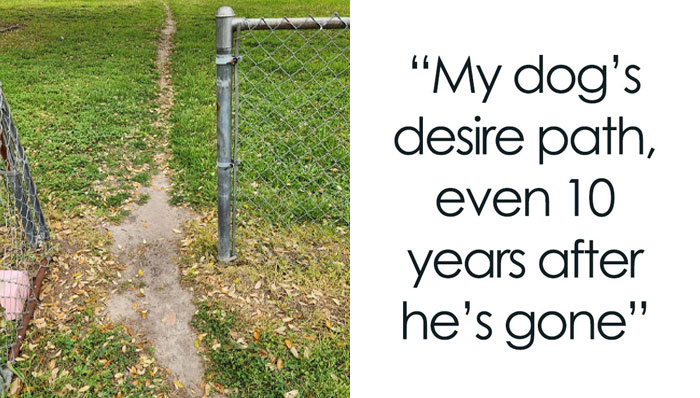





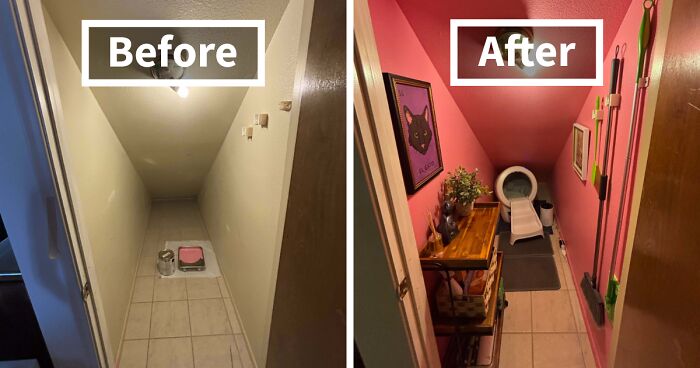





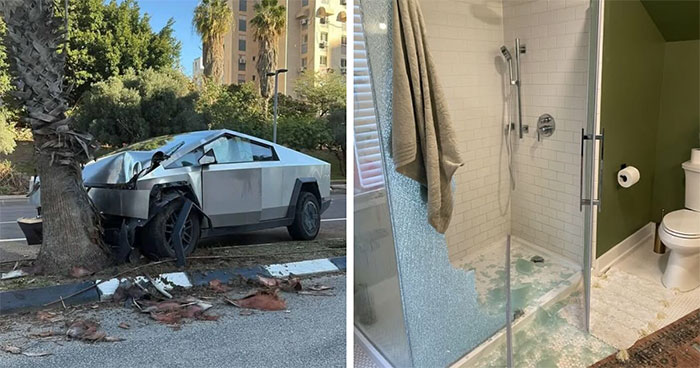



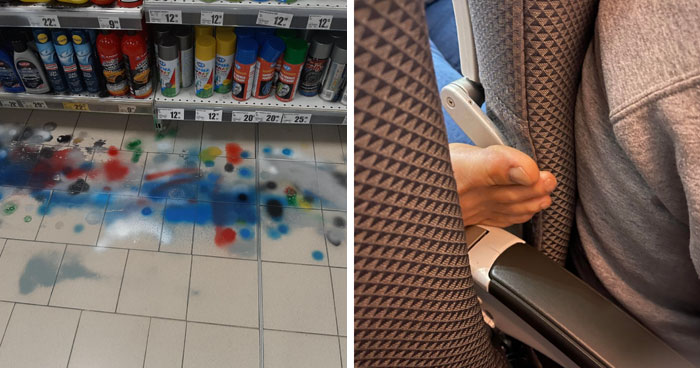















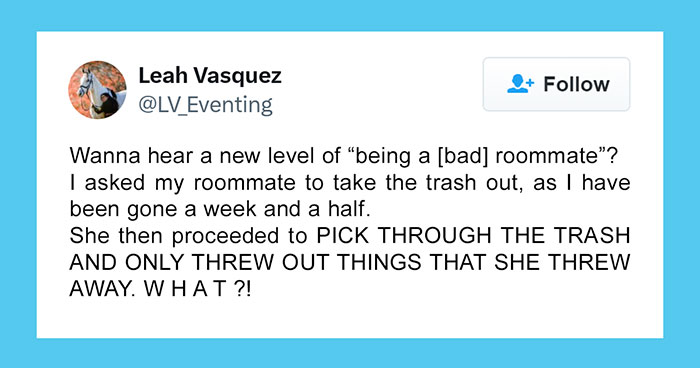





5
17